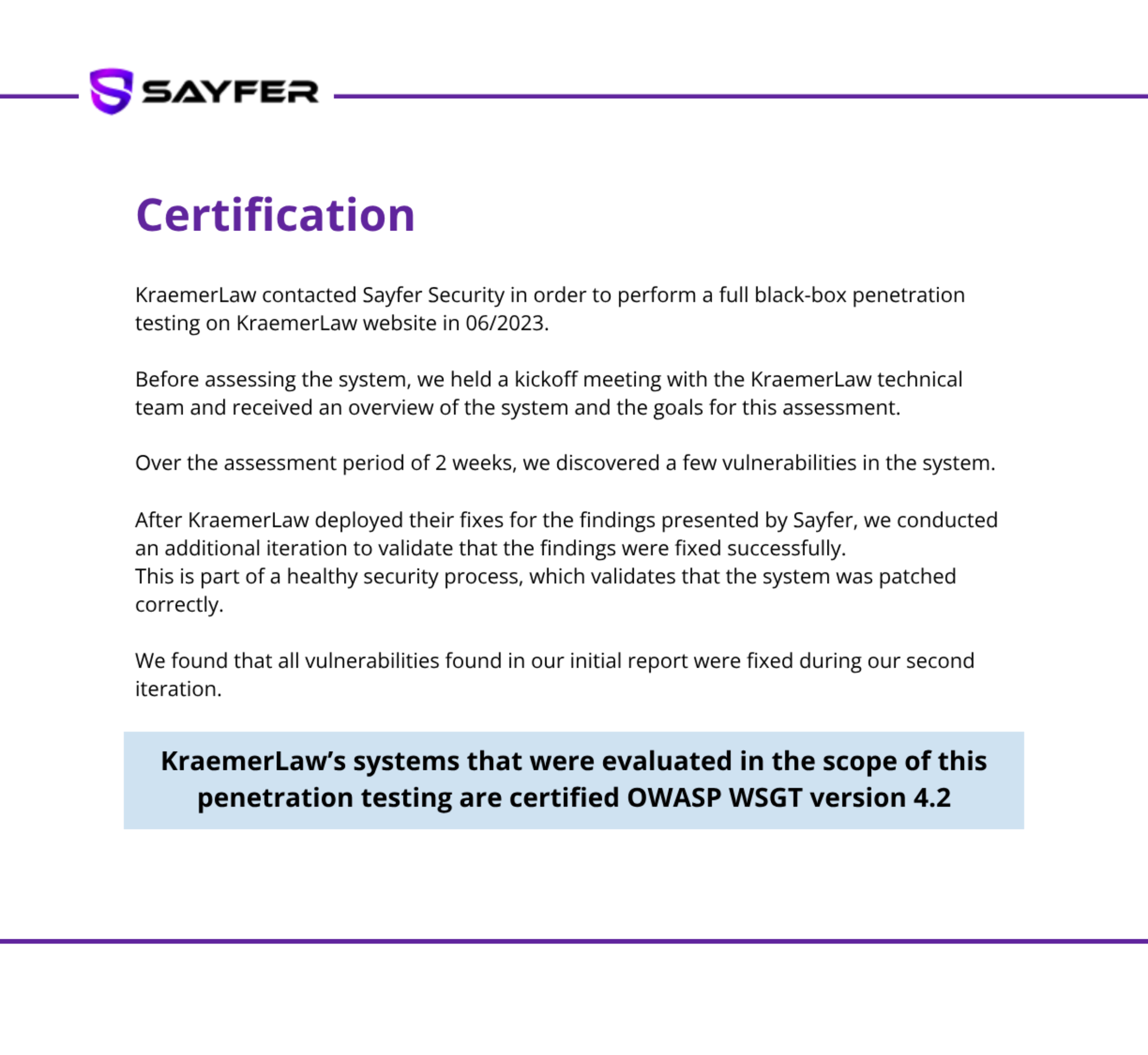Introduction to Forex
The Forex market, often referred to as the foreign exchange market, is the biggest and most liquid financial market globally, enabling countries to trade currencies. Forex trading involves buying one currency and simultaneously selling another to capitalize on fluctuations in exchange rates and generate profit. Those involved in the Forex market are banks, corporations, governments, investors, and speculators, all of whom participate in trading activities round the clock. The Forex market provides many benefits such as high liquidity, ease of access, and the option to trade with leverage. Nevertheless, it also poses dangers, such as unpredictability and the chance for substantial losses. Having a grasp of fundamental Forex concepts like currency pairs, exchange rates, and trading tactics is crucial for individuals wanting to engage in this dynamic and worldwide financial market.
Regulation of Forex Trading
Forex trading works worldwide, engaging with various entities across borders and jurisdictions. Understanding that there are currently two distinct categories of forex regulations worldwide is crucial: regulated markets and non-regulated markets. Strong regulations are in place in Regulated Markets to ensure market integrity, protect investors, and promote transparency. On the other side, unregulated markets do not face the same level of oversight, leading to increased vulnerability for investors regarding fraud and financial instability. Therefore, the participation in regulated markets benefits brokers as it enhances investor trust and the broker’s image, while also promoting a secure trading atmosphere.
Authorities such as the Commodity Futures Trading Commission (CFTC) in the United States, the Financial Conduct Authority (FCA) in the UK and the Australian Securities and Investments Commission (ASIC), are just a few examples of entities in charge of regulating Forex brokers and trading platforms. It is important to emphasize that the regulatory framework varies from jurisdiction to jurisdiction and, even though compliance is assured in one jurisdiction, it doesn’t secure compliance in a different one. Adherence to each regulatory standard on which the broker seeks to operate reduces risks of fraud, manipulation, and financial instability, as, for example, these regulatory standards are in place to protect investors money by making brokers separate client funds from their own operational funds.
Each regulatory body plays a crucial role in upholding stability, transparency, and safeguarding investors in the intricate global market. Most traders highly prioritize partnering with regulated brokers to guarantee a safe trading atmosphere in the unpredictable Forex market, as they implement regulations related to capital requirements, limitations on leverage, transparency in operations, and ethical trading standards.

The Licensing Process for Forex Entities
Securing a Forex license frequently involves dealing with various regulatory constraints set by government bodies or financial regulators. The regulations vary depending on the country where the broker intends to conduct business. Typically, the process involves conducting thorough background checks on the directors and owners of the company to verify honesty and financial stability. Moreover, applicants may need to show adherence to strict financial and operational standards, such as meeting capital adequacy requirements and implementing risk management protocols, depending on the jurisdiction.
The usual costs for acquiring a Forex license depend significantly on the jurisdiction and complexity of the application procedure. These charges consist of fees for setting up a Company or authorizing an already established (local or foreign) on the jurisdiction applying and obtaining a license, in addition to regular regulatory fees. Typically, the total expense can vary from a few thousand to hundreds of thousands of dollars.
When it comes to timelines, acquiring a Forex license can range from a few months to more than a year depending on the jurisdiction. This timeline includes the submission of the application, the regulatory assessment, and any necessary modifications or additional documentation.
In general, obtaining a Forex license requires meticulous planning, financial commitment, and adherence to regulatory requirements, but it is essential for brokers aiming to conduct business lawfully and ethically in international financial markets.

Importance and Benefits of Forex Licensing
Getting a Forex license is necessary for individuals who want to engage in business ethically and legally while following international industry regulations. A Forex license indicates compliance with regulatory standards set by government authorities or financial institutions. This commitment boosts the broker’s trustworthiness and ensures the preservation of investors’ interests.
Owning a Forex license comes with numerous advantages. Initially, it establishes a framework to ensure transparency and integrity in commerce, thereby promoting a market that is just and competitive. Additionally, authorized brokers are required to follow stringent financial regulations, which involve keeping client funds separate from their own finances, to protect clients’ funds from mismanagement or bankruptcy.
In addition, having a license helps maintain market stability as it helps decrease the risk of fraud, money laundering, and market manipulation. It enhances traders’ belief, encouraging engagement and investment in the Forex market.
In conclusion, obtaining a Forex license is a crucial part of establishing a reliable and enduring trading atmosphere that promotes the welfare of both brokers and traders and is crucial for ensuring ethical and lawful practices, signaling compliance with regulations, and boosting confidence in the market. Although obtaining a license may be time-consuming and resource-intensive, it is essential for upholding transparency, security, and honesty within the international Forex market. Contact us today for more information.
